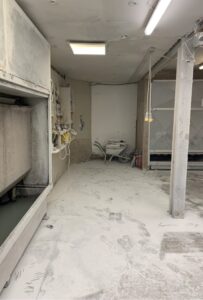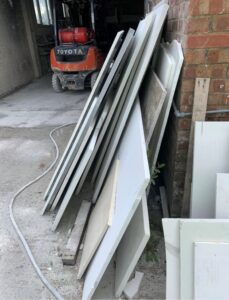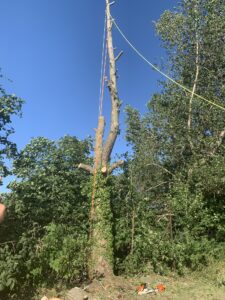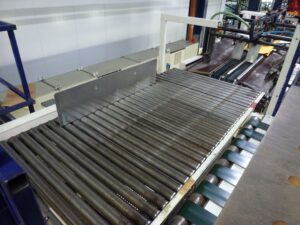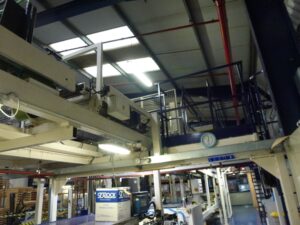Company fined after worker exposed to radiation
A multi-national company has been fined £26,000 after a radiographer was overexposed to ionising radiation.
The 69-year-old man had been working for Mistras Group Limited at its former site in Hartlepool in December 2020, when the company was notified by their approved dosimetry service that he had received a dose in excess of legal limits.
The Health and Safety Executive (HSE) was also notified, with the regulator prosecuting the company following its investigation.
- Ionising radiation has many uses in industry, such as energy production, manufacturing, medicine and research. It gives many benefits to society. However, it is important the risks of ionising radiation are managed sensibly to protect workers and the public.
The incident happened when a gamma emitting radioactive source used for radiography had not returned to its shielded container. Due to poor compliance with the company’s own radiation safety protocols this was not identified promptly, resulting in a radiation overexposure to the radiographer.
No symptoms were reported, however excessive exposure to ionising radiation can increase the potential of developing certain cancers.
The HSE investigation found that pre-use safety checks had not been completed and recorded by the radiographer. These are key stages in confirming that radiography systems are operating correctly and ensuring the safe use of equipment.
Alarming Electronic Personal Dosemeters (EPD’s) and radiation monitors had been provided by the company but were not being used by the radiographer. If they had been, their alarm would have gone off highlighting the presence of radiation and allowed the radiographer to retreat to a safe location. Radiation incidents had not been reported correctly.
The investigation also found there had been a number of failings made by the company to ensure employees were following its rules and procedures for radiation protection. Instructions within their local rules had not been followed and supervision had not been sufficient to identify the lack of compliance. The company had received previous enforcement by HSE for similar failings.
- The practice of industrial radiography falls under the Ionising Radiations Regulations 2017.
- Due to the high radiation doses associated with this form of non-destructive testing, companies must adopt routine working practices capable of keeping radiation exposures of employees as low as reasonably practicable.
- Guidance on what needs to be considered and what is required can be found in the Approved Code of Practice & Guidance L121: Work with Ionising Radiation, the Ionising Radiations Regulations 2017 (ACoP). There is also a HSE information sheet Industrial radiography – managing radiation risks Ionising Radiation Protection Series No. 1(rev 2 -2018).
Mistras Group Limited, of Norman Way, Cambridge, pleaded guilty to breaching the Ionising Radiations Regulations 2017, Regulation 12(1) and Regulation 9(1). The company was fined £26,000 and ordered to pay £11,353 in costs at Newton Aycliffe Magistrates’ Court on 22 May 2025.
HSE specialist inspector for radiation Elizabeth Reeves said: “Industrial radiography is a hazardous practice if not managed properly.
“Radiation protection is an area where employers and employees must not become complacent with. Safety checks and the use of monitoring equipment such as EPD’s and radiation monitors are essential elements to ensuring the safe operation of equipment and protection to personnel.
“This prosecution demonstrates that the courts, and HSE, take failure to comply with the regulations extremely seriously.”
This prosecution was brought by HSE enforcement lawyer Jonathan Bambro and paralegal officer Rebecca Forman.
Further information:
- The Health and Safety Executive (HSE) is Britain’s national regulator for workplace health and safety. We are dedicated to protecting people and places, and helping everyone lead safer and healthier lives.
- More information about the legislation referred to in this case is available.
- Further details on the latest HSE news releases is available.
- Relevant guidance can be found here https://www.hse.gov.uk/radiation/ionising/index.htm
- HSE does not pass sentences, set guidelines or collect any fines imposed. Relevant sentencing guidelines must be followed unless the court is satisfied that it would be contrary to the interests of justice to do so. The sentencing guidelines for health and safety offences can be found here.
